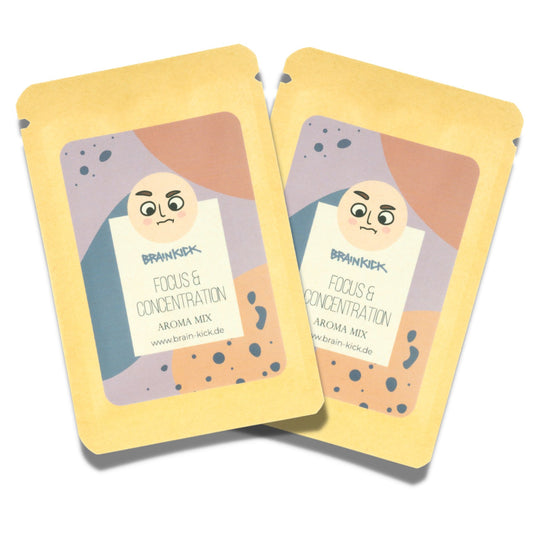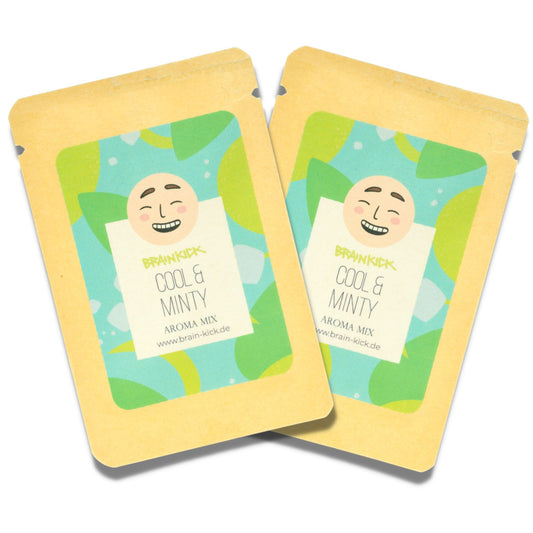How do essential oils work if they are inhaled nasal?
In the case of nasal inhalation, essential oils work in the body in the following way
In this blog post, we would like to write about the fascinating effects of essential oils that work in your body in the event of nasal inhalation. As the founder, we firmly believe that the conscious use of essential oils is a great way to increase your well -being. Our enthusiasm for the power of nature inspires us again and again to give you more knowledge about the effect of these plant extracts. So, let's dive!
Central effect on the nervous system
If you inhale essential oils, you can quickly get into the central nervous system over your nose. They stimulate the odor receptors, which leads to activation of important brain regions such as the limbic system, the thalamus and the cortex. This explains why inhalation essential oils are one of the most effective methods to lift the mood, reduce stress and improve sleep. Lavender is a popular example - the fragrance calms down the nerves and helps to relieve fears (Cui et al., 2022), (Zhang & Yao, 2019).
Influence on the limbic system
The limbic system is responsible for how we process emotions and memories. If your essential oils such as lavender or peppermint inhale, the fragrance molecules reach this important center of the emotions and influence the serotonin level, which improves the mood. This effect is not only calming, but can also help to reduce fears (Takahashi et al., 2014).
Direct absorption
The fragrance molecules of the essential oils quickly get into the bloodstream through the nasal mucosa and from there to important organs such as the brain or liver. Alpha-Pinen, part of many essential oils, quickly collects in the brain and has a calming effect (Satou et al., 2013). Thanks to this quick effect, we can experience the advantages of essential oils in a very short time.
Support of the respiratory tract
The inhalation triggered a reaction in the body that boosts secretion production in the airways. This ensures cleaning and makes breathing easier. Oils such as pine or rosemary oil are particularly known for having this effect. They promote the secretion of respiratory fluid and thus ensure free breathing (Nicolato et al., 2009).
Conclusion
Inhalation essential oils is a wonderful and effective way to improve the mood, to sleep better and to support the airways. We are enthusiastic about the natural power of these plant extracts and hope that our article inspires you to try it out yourself. If you have any questions or want to share your experiences, please leave a comment or write us directly!









